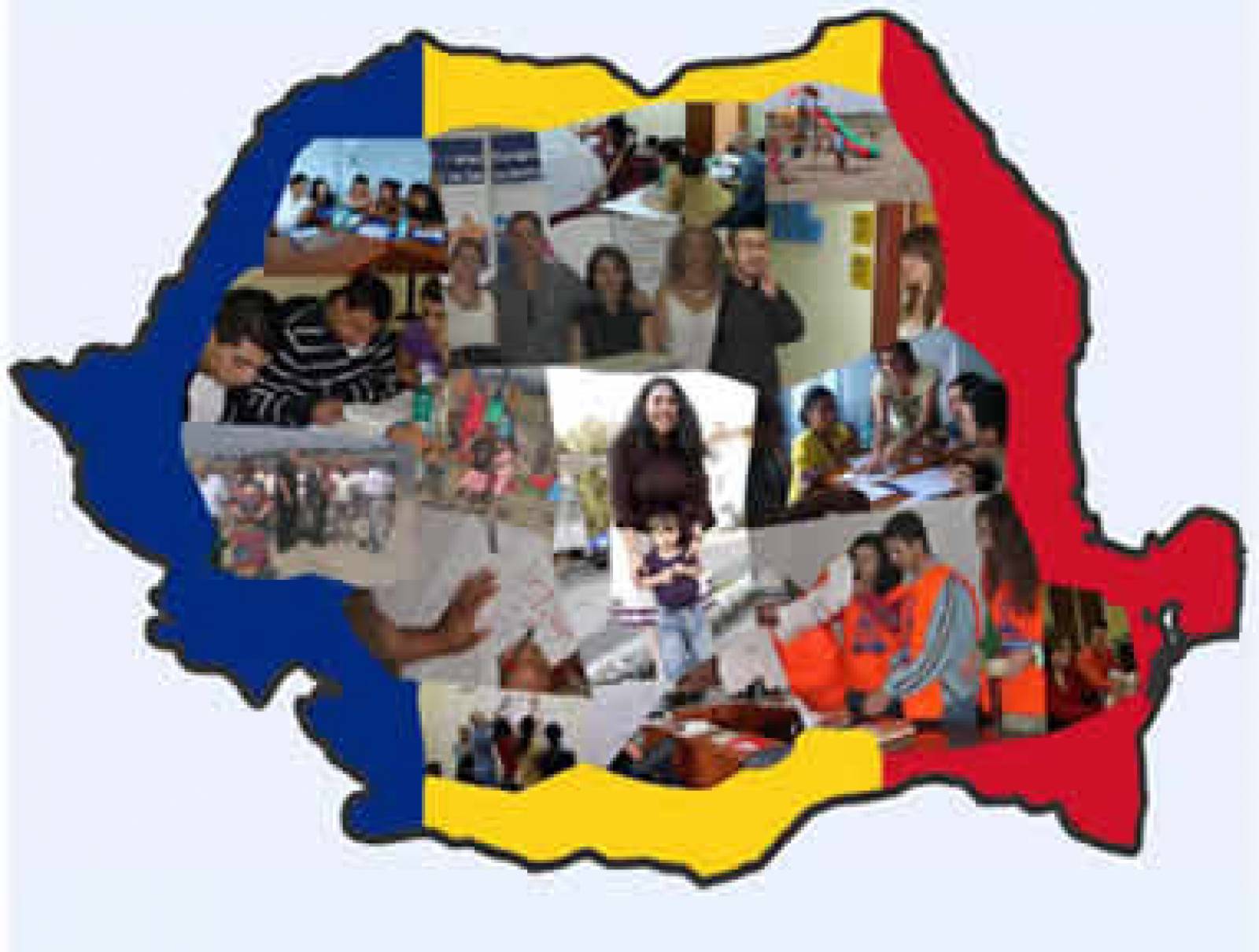
SHARE
Romania has made definite progress in integrating Roma into the country's political life, but there are still significant barriers that require attention before Roma can be considered full and active participants in the country's political system, according to the findings of a new NDI report, Assessment of Barriers to Roma Political Participation in Romania (also available in Romanian).
For Roma, the largest ethnic minority in Romania, social attitudes toward and among Roma present the greatest barriers to civic engagement, party outreach and policy debate, according to the report. "These attitudinal and motivational barriers will require a long-term commitment to address and resolve," it states.
Other barriers are structural, relating to elections, parliamentary representation, and the effectiveness of various government agencies, such as the National Agency for Roma or the National Council for Combating Discrimination. "These can be addressed in large part through budgeting or legislative reform, provided the political will exists," the report explains.
The report, the largest and most comprehensive study of its type, is based on the findings of an assessment conducted in Romania between March and July 2009. The study was funded by the National Endowment for Democracy and the Open Society Institute. The assessment was based on research, public opinion polls, focus groups, in-depth interviews, and the Romanian field assessment. This year's study is a follow up to assessment missions conducted by NDI in 2003 in Bulgaria, Romania and Slovakia to determine how Roma could use the political process more effectively to address longstanding issues of social and economic exclusion.
Using the 2003 missions' findings and recommendations, NDI has conducted programs throughout the region to help Roma improve their engagement in political and civic life. The latest assessment will be used to inform the Institute's future programming and aid others, such as Romani civic and political activists, government officials and program implementers, as they address the long-term disenfranchisement of Roma and improve living conditions for Europe's poorest and most vulnerable communities.
Based on its findings, NDI developed recommendations that highlight the importance of including Roma issues on political agendas at all levels and the need to devote improved financial and human resources to the problem. Specific recommendations include:
- Romania's mainstream political parties need to address more publicly and meaningfully the dire situation facing Roma and develop effective outreach strategies with designated liaisons to the Roma communities and Romani NGOs.
- Funding to civil society by the Romanian government as well as the international community should be increased for projects to boost political participation, enhance civic activism and education and promote issue-based advocacy.
- The Government and Parliament of Romania should strengthen the mandate, neutrality and resources of the National Agency for Roma to improve coordination among the various ministries and other governing bodies dealing with Roma issues.
- The National Council for Combating Discrimination should be promoted more broadly as a public service agency for Roma and all groups that suffer discrimination.
- The Roma Party should seek to win back the Romani voters it has lost by reassessing its platform and strategy, and reinvigorating the party with a new generation of supporters, candidates and leaders who will demonstrate their commitment to public service.
- Civil society should play a larger role in breaking down the barriers preventing Roma political integration by drawing on a variety of approaches that include training and cultivation of young Roma leaders, civic education projects targeted at both Roma and non-Roma, community organizing projects that bridge ethnic lines, and constructive engagement with Parliament and government to promote a broadly supported, clearly defined legislative agenda.
- Finally, the European Union and the international community should continue holding Romania accountable for its legal obligations with regard to human rights and anti-discrimination, promoting cultural diversity in its member states, and funding programs targeted at increasing Roma political inclusion.
Read more about the Roma Political Participation Initiative»
Read NDI's 2003 Assessment of Roma Political Participation in Bulgaria, Romania and Slovakia»
Pictured above: The cover image from Assessment of Barriers to Roma Political Participation in Romania.
Published on October 1, 2009


